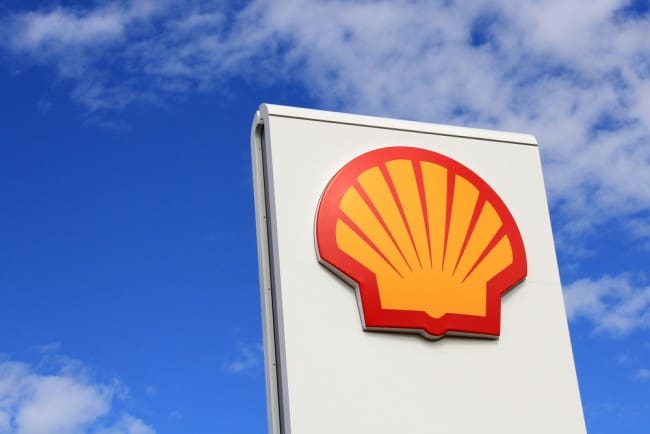The Anglo-Dutch group said full-year 2015 clean cost of supply earnings – a standard industry measure which excludes certain items – were $10.7 billion, down 45 per cent from $22.6 billion in 2014. After tax profits fell nearly 90 per cent to $1.94 billion for 2015, reports The Times.
The bulk of the fall came from Shell’s hard-hit upstream, or exploration and production, business, which sank $7.4 billion into the red for the full year as a 70 per cent slide in the price of Brent crude reverberated across the oil industry.
Those losses were partially offset by a more robust performance from Shell’s downstream, or refining and marketing, arm, which remained profitable.
Simon Henry, the chief financial officer, insisted there was no change in the group’s dividend policy guidance.
Shell is the latest oil company to release sharp falls in earnings this year. Oil prices averaged about $44 during the final three months of the year, down from $114 in June 2014.
Ben van Beurden, the chief executive, who is spearheading a £35 billion takeover of rival BG Group set to complete this month, said Shell was “making substantial changes in the company, reorganising our Upstream, and reducing costs and capital investment, as we refocus and respond to lower oil prices”.
He said Shell was “pulling powerful financial levers” to manage through the downturn and said there was greater flexibility to further reduce costs if needed.
The company said its full-year spending during 2015 fell by over $8 billion to $28.9 billion as it delayed key projects and cancelled its exploration programme in Alaska’s Chukchi Sea in the Arctic.
The company has also axed about 10,000 jobs to respond to the industry’s sharpest downturn since the mid-1980s, brought about after Saudi Arabia chose to throw open its oil spigots in 2014 sending prices crashing to their lowest levels since 2003.
“Flexibility for further reductions is available and will be utilised should conditions warrant this,” the company said in a statement.
Mr van Beurden said: “The completion of the BG transaction, which we are expecting in a matter of weeks, marks the start of a new chapter in Shell, rejuvenating the company, and improving shareholder returns.
Although it was a poor performance, Shell still appears to be under less financial strain than some competitors such as BP and Chevron.
Shell said its gearing levels remained relatively modest for the industry at 14 per cent compared to 12.2 per cent a year ago, offering it headroom to boost debt levels.
In contrast, BP’s net debt ratio is close to 22 per cent. Bob Dudley, BP chief executive, signalled on Tuesday that this could rise as high as 30 per cent as the company steers a path through the downturn.
During the final three months of 2015, Shell’s current cost of supplies earnings – an industry standard which strips out fluctuations in the price of crude – plunged by 56 per cent to $1.8 billion down from $4.1 billion during the same quarter a year earlier.
The company said it produced just over 3 million barrels of oil and gas during the fourth quarter, down 5 per cent compared with a year earlier.


